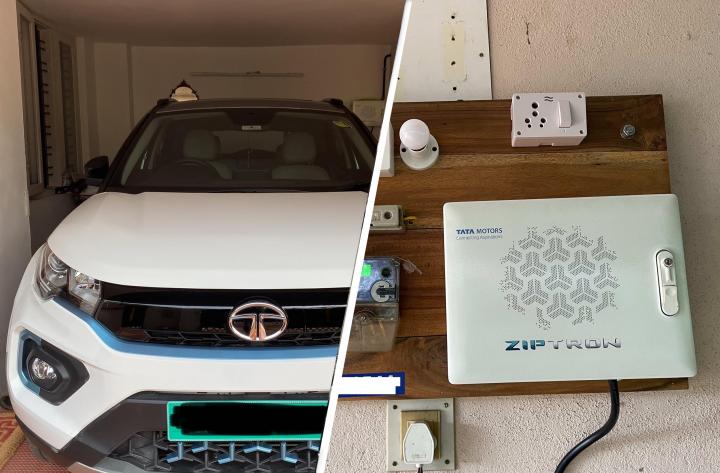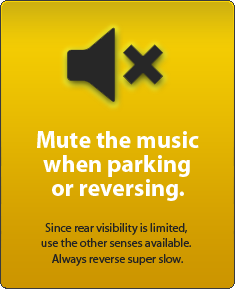News
Best practices to home charge an electric car for longer battery life
Initially I was under the impression that maintaining a charge between 20 - 80% was the best way to go as in the case of mobile phones.
BHPian adityadeva recently shared this with other enthusiasts.
Posting for one of my colleagues who purchased a brand new Tata Tigor EV, a couple of weeks back.
He was told to charge his car at home to 100% once charge comes down to around 20%.
But once his charge dipped below 20%, and he barely managed to reach home with 7% charge left. After this incident he has become a victim of range anxiety. He has a average run of 25 to 30 kms per day.
How should he charge his vehicle in order to have a good battery life?
He does have a solar charging at home.
After doing my bit of studies, I've advised him to charge up to 100% once in two days.
Initially I was under the impression that maintaining a charge between 20 - 80% was the best way to go as in the case of mobile phones ( it gives a really good life for the battery for mobile phone battery ).
But in case of ev, the battery pack is a cluster of cells in series -paralell combination. So 20-80 might not hold good as charge levels may not be uniform across the individual cells. Also, if any one of the individual cells goes faulty, it will affect the entire battery pack. Further, the BMS will never charge the battery pack to it's actual full potential - keeping some buffer.
Took this YouTube video as a reference.
Here's what GTO had to say on the matter:
Not an EV owner, but do a lot of reading on the subject as it greatly interests me. Some tips from an EV noob:
- For overnight charging, slow charging is best for long-term battery health.
- Top it to 80%, not 100%.
- Avoid regular / frequent fast-charging.
- Don't let the charge level drop below 20% on a regular basis.
- If the car is going to be parked for a long time (say, you are travelling or Covid lockdown), bring it up to 80% and leave it. Keeping a battery empty hurts it.
Just like engines, there will be cars with good batteries & bad batteries. For the cars with good batteries (a majority I reckon), nothing you do will seriously affect the initial 6 - 8 years. They are built very robust and most OEMs anyway offer 8-year warranties. However, I do think we will be seeing many car manufacturers struggle with battery quality, as it's a new space & supply chain for them.
That being said, an 8-year old battery won't perform like a 1-year old battery. Just like a 100,000 km engine, how you maintain the battery over the years might have a direct impact on its range & performance at the 8-year mark.
Here's what BHPian Lobogris had to say on the matter:
After using the MG ZS EV for about 9 months, I can provide some advice. Tata uses LFP batteries that are somewhat resistant to ill effects of charging to 100%. These batteries are of slightly inferior quality due to budget constraints and thus people tend to see SOC drop issues from time to time. It is not uncommon to see the battery drop from say 60% to 20% very quickly. So charging them to 100% from a low of around 20% helps balance the cells and allows the BMS (battery management system) to calibrate. So my advice would be to charge routinely from around 20 to 40% mark to the 80 to 90% mark and charge fully to 100% every few times. For example, after 3 charge sessions to the 80% level, charge it fully to 100%. It is also good to drop it to as low as possible from time to time to allow the BMS to calibrate. This is a hybrid approach that will help improve battery life in the long run while taking care of the calibration issues prevalent in Tata EVs.
Please note that this advice is specific to Tata EVs. For non Tata EVs, it is better to avoid charging to 100% unless it is necessary.
Here's what BHPian prasanna_indaje had to say on the matter:
- Slow charging to 100% is better as cell balancing happens between 90% to 100 %. There are chances of facing critical error, if charging is stopped at 80% always.
- General recommendation is to go for 1 slow charging session after 4 consecutive fast charging sessions.
- Don't worry if the charge drops below 10% (or even 5%), charge to 100% and move on. (Note : Its a pain to drive below 10% SoC, with constant beeps and in limp home mode).
Here's what BHPian cool_dube had to say on the matter:
Having owned an EV for almost 5 years now, I can safely say that slow-charging the battery to 100% is far from being detrimental. In fact, it is good for cell-balancing and better calibration of the battery by BMS. I've never come across a recommendation to cut the charging cycle off at anything below 100% SOC unless absolutely required (e.g. lack of time).
Also, letting the battery drain to 10-15% SOC is a good practice, as long as you plan it properly so as to not run out of charge on the road.
Essentially, letting a battery "traverse" through its SOC range to the maximum extent possible is good for battery longevity in general.
Check out BHPian comments for more insights and information.















